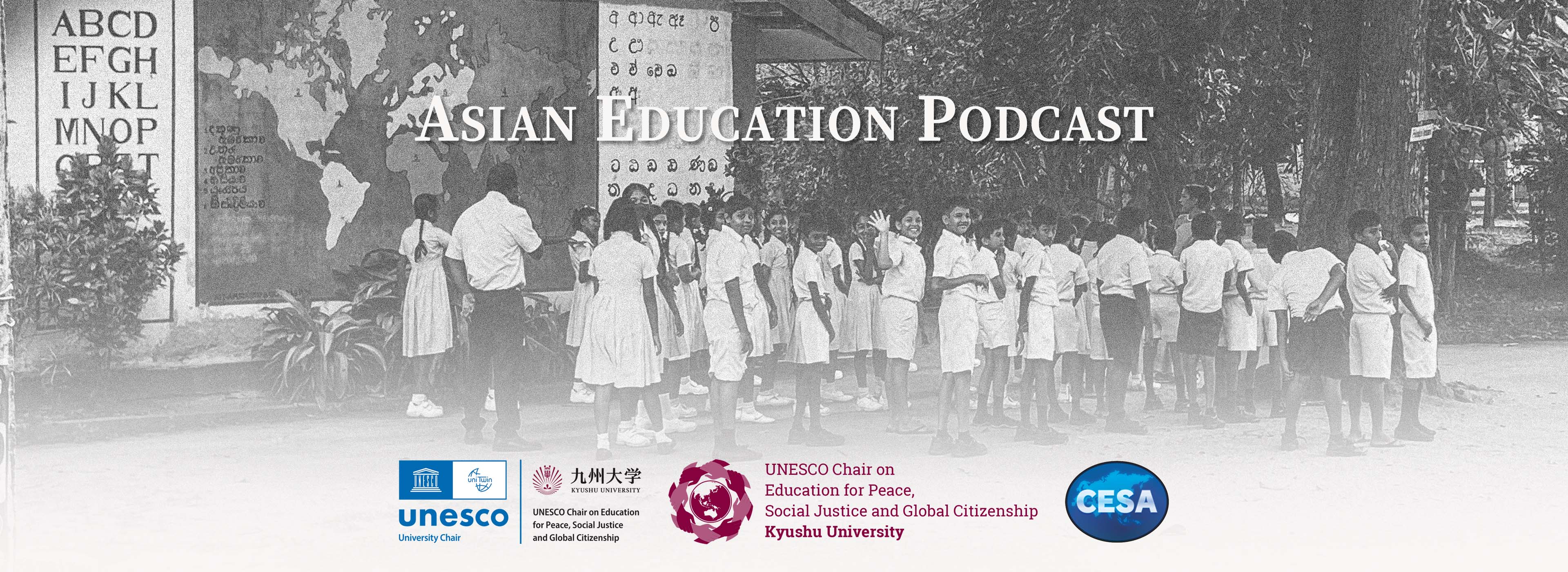
Shadow education, in the form of examination-preparatory tutorial schooling, is pervasive across much of Asia. The costs in terms of family finances, the narrowing of educational focus and the ex-hausting competitiveness of examination cramming for the youngsters involved have aroused much scholarly commentary. But can shadow education take benign as well as malign forms? And how can regulation help in this respect?
In this episode, Edward Vickers discusses these and related questions with Professor Zhang Wei of East China Normal University in Shanghai. An eminent expert on shadow education, Prof. Zhang has published widely on various aspects of this phenomenon both in the Chinese context and with com-parative reference to other societies in Asia, Europe and worldwide.
Zhang Wei has recently published a new book, The Wild Horse of Shadow Education, that looks comparatively at efforts to regulate the sector in various societies - a focus prompted in part by the re-cent efforts of the Chinese government to clamp down on for-profit tutorial schooling.
Shadow education has long been especially entrenched and widespread in the societies of East Asia. Zhang Wei and Edward discuss some of the reasons for this, with specific reference to the examples of Cambodia, Japan, China - and, for comparison, to Denmark.
Turning to China, they note that the private tutoring industry there expanded enormously from the 1990s until the clampdown of 2021. They explore the reasons for this rapid expansion, and discuss some of the peculiarities of the sector as it developed in the Chinese context.
Attempts have been made to regulate shadow education in various societies at various times. Some years ago, South Korea's government attempted a draconian clampdown on the private tutoring sector, but failed to quash demand. Zhang Wei observes that, in the Chinese context as well, addressing the challenge of moderating demand for tutorial schooling will be crucial to the success of efforts to ‘tame’ the sector. Attempting to limit or regulate supply will not, on its own, quash demand - but merely divert it into other channels (or even further into the ‘shadows’).
With this in mind, Wei and Ed discuss the Chinese government’s 'two reductions' policy, introduced in 2021, which effectively sought to ban for-profit private tutoring overnight. They reflect on what prompted this move, and how successful has it been - or is likely to be.
In her book, Zhang Wei argues that 'shadow education is here to stay' and emphasises the importance of considering shadow education and regular schooling ‘together’. But she also acknowledges the central importance of socio-economic insecurity and factors such as labour market rigidity to the in-tensity of demand for shadow education. Getting to grips with this phenomenon will thus require looking not just at aspects of the education system, but at the wider socio-economic and institutional context.
Suggested readings:
Zhang Wei (2023). Taming the Wild Horse of Shadow Education: The Global Expansion of Private Tutoring and Regulatory Responses. London and New York: Routledge (open access).
Le Lin (2022). The Fruits of Opportunism. Chicago University Press.
